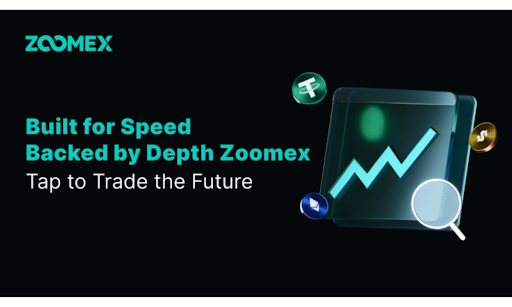Jupiter DEX Suspends DAO Voting Until 2026 Amid Governance Dysfunction Claims

Cointelegraph reports that Jupiter, Solana's dominant decentralized exchange aggregator, will pause all DAO governance voting until 2026. Chief Operating Officer Kash Dhanda announced the decision on June 19, stating the protocol needs to be "laser-focused on growth" and that the DAO structure "isn't working as intended."
Dhanda said Jupiter "stands at the edge of an inflection point" where "the window to define the future of DeFi is open, but it won't stay open for long." The pause affects all new proposal submissions, though active staking rewards continue and previously funded work groups remain operational.
Governance Issues Plague DeFi Protocols
Jupiter's governance suspension reflects broader challenges facing decentralized autonomous organizations across the cryptocurrency space. CoinPush notes that Jupiter paused DAO votes due to "a breakdown in trust among stakeholders, highlighting governance vulnerabilities in decentralized organizations."
The move follows similar actions by other major projects. Decrypt reported that Yuga Labs recently proposed shutting down the ApeCoin DAO entirely, replacing it with a new entity called ApeCo. CEO Greg Solano criticized the DAO for "sluggish, noisy, and often unserious governance theater."
Cointelegraph research identifies voter apathy, whale concentration, and coordination challenges as common DAO problems. These issues can lead to "skewed outcomes, with a minority of active participants wielding disproportionate influence."
Jupiter Maintains Market Dominance Despite Governance Pause
Jupiter continues commanding significant market share in Solana's DeFi ecosystem. Crypto News reports the platform handles 42% of all DEX volume on Solana, processing $334 billion in 2025. The aggregator maintains 95% market share among Solana DEX aggregators.
Recent performance data shows Jupiter's resilience. Nansen indicates Jupiter processes over 50% of Solana's total DEX trading volume, making it "the dominant decentralized token swap aggregator in the ecosystem."
Solana Compass reported that Solana DeFi protocols reached an all-time high of $7.8 billion in Total Value Locked during May 2025, representing 105% year-on-year growth.
Market Implications and Future Outlook
The governance pause comes as Solana's ecosystem experiences unprecedented growth. BeInCrypto noted that Solana DEX trading volume exceeded $3.6 billion in daily transactions during March 2024, establishing new records.
Community reactions to Jupiter's decision appear mixed but largely supportive. Keybi, a Persona NFT project creator and JUP staker, posted on X that despite "religiously voting" in the DAO, she approves the decision as "beneficial in the long run" and hopes "focusing on the product is good also and I wish it will reflect to the price."
Financial analysts view the governance pause as potentially positive for operational efficiency. Jupiter's development team will fund community growth through its operational treasury while maintaining existing staking rewards. Dhanda stated this approach will "let us all focus on execution, speed, and growth while we rethink how the DAO could best operate."
The suspension affects only governance voting mechanisms. Jupiter's core trading functions, perpetuals, limit orders, and other DeFi services continue operating normally. The platform plans to resume DAO voting in 2026 with "a fresh approach that unifies, rather than divides."
Broader DeFi Governance Evolution
Jupiter's pause represents a growing trend toward reconsidering DAO governance models in DeFi. Traditional voting mechanisms often face challenges including low participation rates, whale manipulation, and slow decision-making processes that hinder rapid market adaptation.
The decision reflects tensions between decentralization ideals and operational efficiency needs. As DeFi protocols mature and face increasing competition, many projects prioritize execution speed over consensus-building processes that can delay product development and market responsiveness.
Jupiter's approach of temporarily centralizing operations while maintaining community benefits through staking rewards offers a potential model for other protocols facing similar governance challenges. The success of this strategy could influence how other DeFi projects balance decentralization with operational efficiency in 2025 and beyond.
Related Reading on DAO Times
For readers interested in understanding the broader landscape of DAO governance tools and challenges, DAO Times provides a comprehensive guide to DAO tools for 2025. This resource covers governance platforms, treasury management solutions, voting mechanisms, and analytics tools that DAOs use to address operational challenges. The guide also discusses key trends including AI integration in governance, cross-chain functionality, and new security approaches that could help projects like Jupiter design more effective governance systems when voting resumes in 2026.





